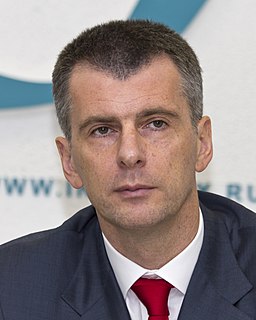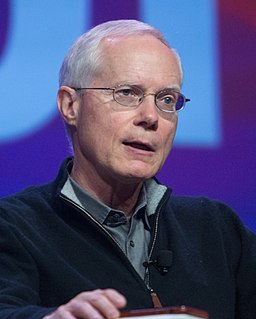A Quote by Ruth Simmons
I would like to see policy makers and international donor agencies realize that it is not enough to give money for demonstration projects. From the very beginning plans should be made for the scaling-up of successful innovations.
Related Quotes
Given our abundance, the burden of proof should always be on keeping, not giving. Why would you not give? We err by beginning with the assumption that we should keep or spend the money God entrusts to us. Giving should be the default choice. Unless there is a compelling reason to spend it or keep it, we should give it.
The need for collecting large campaign funds would vanish if Congress provided an appropriation for the proper and legitimate expenses of each of the great national parties, an appropriation ample enough to meet the necessity for thorough organization and machinery, which requires a large expenditure of money. Then the stipulation should be made that no party receiving campaign funds from the Treasury should accept more than a fixed amount from any individual subscriber or donor; and the necessary publicity for receipts and expenditures could without difficulty be provided.
We have emphasized the importance of applied action research because it allows evidence-based policy and program development and a focus on learning. We are also committed to using a participatory approach in which local people, local program managers and providers, local researchers, women's health activists, and national decision-makers play the leading role. International "experts" from technical assistance agencies or universities can make important contributions, but they certainly don't have all the answers.
International "experts" from technical assistance agencies or universities can make important contributions, but they certainly don't have all the answers. When ownership is local and national, and various stakeholders work together, program innovations have a greater chance to take root and survive.
































